For this year’s Endometriosis Awareness Week, we want to highlight the benefit of being open and honest about living with endometriosis and the struggles that come with it, so we spoke with Katy, an Operations Manager in Claims Counter Fraud who’s worked here since 2011.
Katy was inspired to share her own experience by another colleague, Amy, who spoke with us last year about managing endometriosis and her career, and the strength she found in being open and honest with others about it.
Can you tell us a bit about yourself and your experience with Endometriosis?
My name's Katy, I’m 33, and I live with my partner and my two cats Dougie and Frank. When I’m not working or spending time with friends I love to travel, cook and I really enjoy photography.
My journey with endometriosis has been a long and painful one as my symptoms first started at the age of 12 when my periods started. Endometriosis runs in my family, so it’s something I had some knowledge of, albeit limited at that age. I spent my teenager years back and forth to the doctors who kept telling me it was just heavy periods, so I was put on every hormone treatment, contraceptive pill and pain killer that was offered to me, but nothing helped. My chronic pain and heavy periods really impacted my time in secondary school but it’s definitely something I hid from teachers and friends as I felt embarrassed to talk about it at that age.
In 2007 when I went to university, I found things became even more challenging. I was in a huge amount of pain all the time, taking painkillers daily while trying to study for my degree and work two jobs. I was suffering with awful migraines, being very sick often, had awful pain in my hips, back and legs, and had horrible cramps. I was admitted to hospital on several occasions with severe stomach pain, only to be told I had appendicitis. It was at this point I wrote a letter to my GP to really push and ask for further exploration of endometriosis given my family history and the years I’d already been battling with very clear symptoms of the disease.
I graduated in 2010, started my career here in 2011 and shortly afterwards I had a laparoscopy done through the NHS which I waited several years for, which formally diagnosed me with stage four endometriosis. By this point it had already spread to my bowel, bladder and sciatic nerve which gives me a lot of problems with severe nerve pain.
I’ve now had about 12 excision surgeries to remove endometriosis tissue, with some varying levels of complexity due to cysts, scar tissue and other organs being affected. I was also diagnosed with adenomyosis and fibroids which was identified on the back of some of my earlier procedures, so it’s felt like a medical merry-go-round. For two years I had what’s known as medically induced menopause to try to slow down the growth of the endometriosis which involved monthly injections, but the side effects were really tough. Due to the number of procedures I’d had, I was advised these procedures could no longer be repeated due to the risks with the scar tissue that had built up, so at the age of 28 I was put on a waiting list for a hysterectomy. The hysterectomy was due to take place in August 2020 but because of Covid it ended up being postponed until January 2023. I had what’s called an oophorectomy which removed my reproductive system and both my ovaries, and I’m therefore now in the menopause. I didn’t freeze my eggs and we have no children, so it’s not a decision to take lightly, but I felt it would give me the best chance of having a better quality of life.
I’m soon to start Hormone Replacement Therapy (HRT), and while I felt prepared to a degree as I was previously on HRT when I had a medical menopause, the symptoms have been really drastic since the operation. It’s not just been the physical pain to battle with, but the mental pain too, as I felt a real sadness for everything I lost because of endometriosis. However, I’m definitely a glass half full kind of person so I think of all the valuable lessons it’s also brought to my life.
What do you find helps you manage it, especially at work?
Work has provided me with a great distraction from the day-to-day pain as I’ve always tried really hard to work with my endometriosis rather than against it. I always think back to my first year here when I was so fearful of talking about it or asking for time off, but was instantly encouraged to seek support, and I truly felt heard. I really think how I was treated in my early days starting my career here contributed to where I am now.
Flexibility is really important to me and no doubt to many others who are suffering. Each day can be really different in terms of pain levels, and something I’ve struggled with is extreme fatigue so just being able to take five minutes away from the desk to freshen up can make a big difference. It’s also really important to try and be open and honest about the times when you are struggling with the people you work with.
Hybrid working has also helped massively with some of the everyday challenged I faced when working at the office, such as feeling a bit embarrassed about clutching a hot water bottle during meetings, or having to bring along spare clothes to change into hallway through the day. I also love that there are free sanitary products in the office bathrooms now as it not only makes a difference if you’re caught off guard, but also to help normalise some of these conversations.
What sort of support have you had at work?
I don’t have many words to describe my gratitude for the support I’ve had from those I work with, and Admiral as an organisation. I’ve worked with some incredible people throughout the years who’ve not only given me the strength to keep working hard while battling a chronic condition, but also inspired me to progress my career to what it is now.
Since having my hysterectomy recently, I’ve been completely overwhelmed by the support and kindness my colleagues have shown. I’ve received messages, cards, flowers, but most importantly a feeling of genuine empathy and kindness from others. Working in a flexible environment and having a really close relationship with those around me has no doubt enabled me to face this journey and get through what has felt like some really difficult times over the years. What I particularly appreciate is the awareness being raised on a much bigger scale within our workplace in recent years as I think this has really allowed women to find comfort in the knowledge that it isn’t something they’re facing alone.
As it stands, it takes on average nine years to get a diagnosis for endometriosis in Wales. I think it’s really important we continue listening to those around us because so many women are battling with this condition or are likely to know someone affected by it. Many are also still fighting to be heard by medical professionals, despite raised awareness.
What advice would you give anyone with endometriosis that may be struggling?
My advice would be to try and be open in talking about how you feel as it can make all the difference. There’s also lots of great books and podcasts that you can listen to from women in the public eye shining a light on women’s health. Don’t be afraid to share them with people around you, as educating others on how to support those with health conditions like endometriosis is so important. I’d also recommend getting involved in support groups. I’ve met some really great people through work, appointments, pain management clinics, operations, all going through the same thing which has definitely provided me with comfort and support over the years.
Above all else, my advice is to not to give up! Getting a diagnosis can be exhausting and frustrating given the lack of general awareness out there, but we know our own bodies, so really push to make sure you get the treatment and help you need, especially if it can prevent it spreading to other areas which then become much more problematic to manage.







